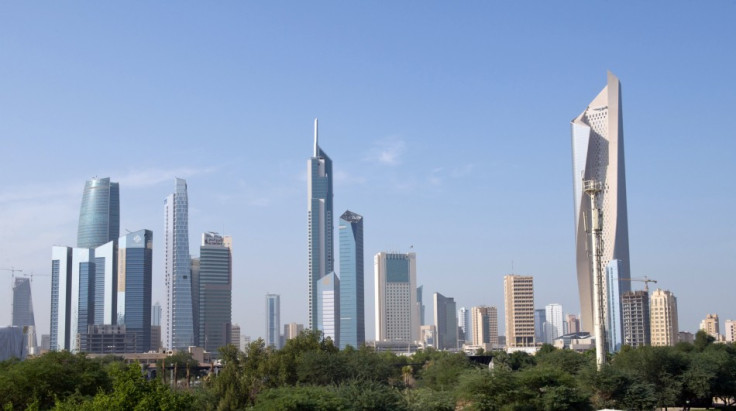IMF: Kuwait's non-oil growth to rise to 4-5% over medium term

In Kuwait, economic activity has picked up in 2014 which is likely to see a non-oil growth of 3.5% driven by higher domestic consumption and some pick-up in government capital spending and private investment, IMF said on Tuesday, adding that the medium term outlook is favourable.
"The non-oil GDP growth is expected to pick up to 4.0–5.0% in the medium term, supported by government investment in infrastructure and the oil sector, and by consumption," the Fund said.
IMF said that flat oil production would keep the overall real GDP growth positive at 1.3% this year. The average inflation rate is forecast to remain at about 3% while the current account and fiscal surpluses are expected to remain high.
"It is vital for the government and the parliament to agree on an agenda to place the public investment program on track, and continue with economic reforms to achieve this growth," IMF said.
The Fund said that Kuwait's banks are amply capitalised and liquid with stable profits.
"Banks have a combined capital adequacy ratio of 18.3%, falling gross non-performing loans of 3.5% and a growing provisioning ratio of 139%."
Risks to Kuwait's financial system from investment companies are contained, although a few companies continue to make losses and deleverage and restructure their balance sheets and operations, IMF said.
Over the medium term, Kuwait's fiscal and current account surpluses are projected to be significantly lower in the baseline scenario, IMF said, but added that downside risk to the outlook arises from a sustained decrease in oil prices and slow implementation of the development plan.
Fiscal position
Kuwait's fiscal position is currently strong but restraint in current spending is needed to preserve buffers and increase saving for future generations, the IMF said.
"A medium-term fiscal strategy is required to drive reforms, the elements of which would include containing current expenditure growth, particularly subsidies and wages, prioritising capital expenditure, and increasing non-oil revenue," the Fund said.
IMF said Kuwait's subsidy reform needs to be supported by raising awareness about the cost of subsidies and the benefits of reform and targeted measures to protect the vulnerable segment of the population.
The proposed wage reform would be more effective if it operates within overall expenditure limits, aligns incentives for reducing the wage gap between public and private sector jobs and contains public employment, IMF said.
Prioritising capital expenditure towards social and physical infrastructure projects would help strengthen growth, the Fund said.
© Copyright IBTimes 2025. All rights reserved.






















